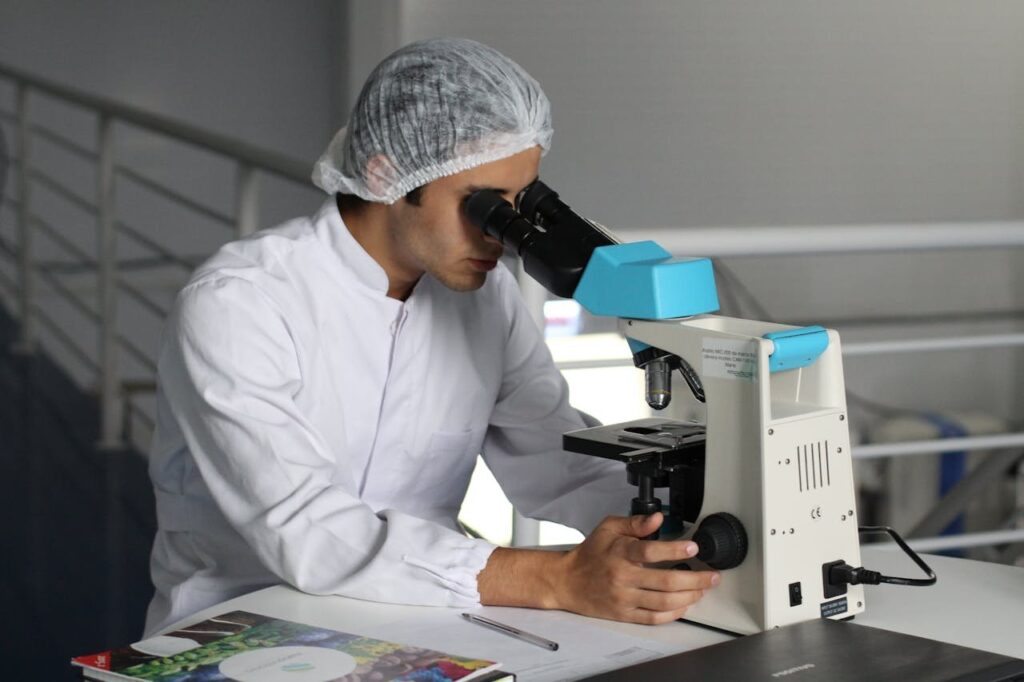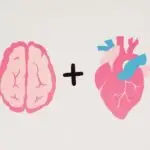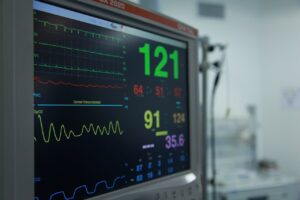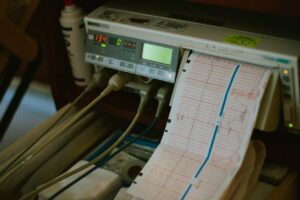Now Reading: Déjà Vu Explained: The Science Behind Feeling Like You’ve Been Here Before
-
01
Déjà Vu Explained: The Science Behind Feeling Like You’ve Been Here Before
Déjà Vu Explained: The Science Behind Feeling Like You’ve Been Here Before
Déjà Vu Explained: The Science Behind Feeling Like You’ve Been Here Before
Have you ever experienced that uncanny feeling of having lived through a present moment before? That fleeting, yet powerful sensation is known as déjà vu, a French term meaning ‘already seen.’ While often attributed to paranormal phenomena or glitches in the Matrix, the scientific community has been diligently working to understand the neurological and cognitive underpinnings of this intriguing phenomenon. Join us as we delve into the current scientific theories and explore the fascinating world of déjà vu.
The Dual Processing Error Theory
One prominent theory centers around the concept of dual processing errors within the brain. This suggests that two cognitive processes, typically working in sync to create a seamless perception of reality, experience a slight desynchronization. For example, one pathway might process sensory information slightly faster than the other. This temporal discrepancy leads the brain to interpret the delayed information as a memory, creating the sensation of familiarity even though the event is happening in real-time.
This theory aligns with studies showing correlations between déjà vu and temporal lobe activity.
Memory Encoding and Retrieval Malfunctions
Another compelling explanation revolves around memory encoding and retrieval processes. Specifically, researchers propose that déjà vu might arise from a minor malfunction in the brain’s memory systems. This malfunction could involve a brief misattribution of novelty – the brain mistakenly labels a new experience as an old memory. This ‘false memory’ triggers a strong feeling of familiarity, even though the experience is entirely new.
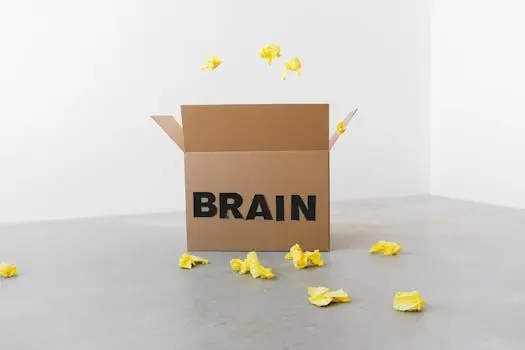
This theory highlights the complex interplay between perception and memory and how errors in these processes can lead to subjective experiences like déjà vu.
Neuroimaging Insights: fMRI and EEG Studies
Neuroimaging studies, particularly using fMRI and EEG, provide further insights into the neural correlates of déjà vu. While inducing déjà vu in a controlled laboratory setting remains challenging, researchers have observed increased activity in brain regions associated with memory, particularly the hippocampus and parahippocampal cortex, during reported episodes of déjà vu.

These findings support the idea that déjà vu involves the reactivation of stored memories or the misinterpretation of current sensory input as a memory. However, more research is needed to pinpoint the precise neural mechanisms involved.
Age, Stress, and Neurological Conditions
It’s important to note that déjà vu is more common in younger individuals and tends to decrease with age. While occasional experiences of déjà vu are generally considered harmless, frequent or intense episodes can sometimes be associated with underlying neurological conditions, particularly temporal lobe epilepsy. In such cases, déjà vu may manifest as a more prolonged and distressing experience. If you experience frequent or concerning episodes of déjà vu, consulting a medical professional is recommended to rule out any potential underlying health issues. [IMAGE: stressed person head in hands]
Furthermore, research suggests a link between stress, fatigue, and déjà vu. When individuals are under stress or sleep-deprived, their cognitive processes can become less efficient, potentially increasing the likelihood of memory encoding errors and subsequent experiences of déjà vu. This highlights the importance of maintaining a healthy lifestyle, including adequate sleep and stress management techniques, to optimize cognitive function and potentially reduce the frequency of déjà vu episodes.
Conclusion: Unraveling the Mystery Continues
Déjà vu remains a fascinating and complex phenomenon that continues to intrigue scientists and the general public alike. While the exact mechanisms underlying déjà vu are still under investigation, current research points towards errors in memory encoding, dual processing discrepancies, and the involvement of specific brain regions. As our understanding of the brain’s intricate workings deepens, we are likely to gain even more insights into this captivating and often perplexing experience.
Frequently Asked Questions
Is déjà vu a sign of a mental disorder?
Occasional experiences of déjà vu are generally considered normal and not indicative of a mental disorder. However, frequent or intense episodes of déjà vu, especially if accompanied by other symptoms, may be associated with neurological conditions like temporal lobe epilepsy. It’s best to consult a medical professional if you have concerns.
Can déjà vu predict the future?
There is no scientific evidence to support the claim that déjà vu is a psychic phenomenon or can predict the future. The scientific explanations focus on memory and perceptual errors within the brain.
Why do some people experience déjà vu more often than others?
The frequency of déjà vu experiences can vary depending on factors such as age, stress levels, fatigue, and potentially, individual differences in brain structure and function. More research is needed to fully understand the factors that contribute to individual variations in déjà vu experiences.
Stay Informed With the Latest & Most Important News
Previous Post
Next Post
-
 01Simple Tips to Improve Mental Health and Well-Being
01Simple Tips to Improve Mental Health and Well-Being -
 02How Proper Hydration Can Transform Your Physical Health
02How Proper Hydration Can Transform Your Physical Health -
 03How Physical Exercise Positively Impacts Mental Health Stability
03How Physical Exercise Positively Impacts Mental Health Stability -
 04Effective Home Remedies to Soothe Common Cold Symptoms
04Effective Home Remedies to Soothe Common Cold Symptoms -
 05Managing Seasonal Allergies with Natural and Medical Solutions
05Managing Seasonal Allergies with Natural and Medical Solutions -
 06Understanding the Importance of Regular Health Check-Ups for All
06Understanding the Importance of Regular Health Check-Ups for All -
 07The Role of Nutrition in Strengthening Your Immune System
07The Role of Nutrition in Strengthening Your Immune System



